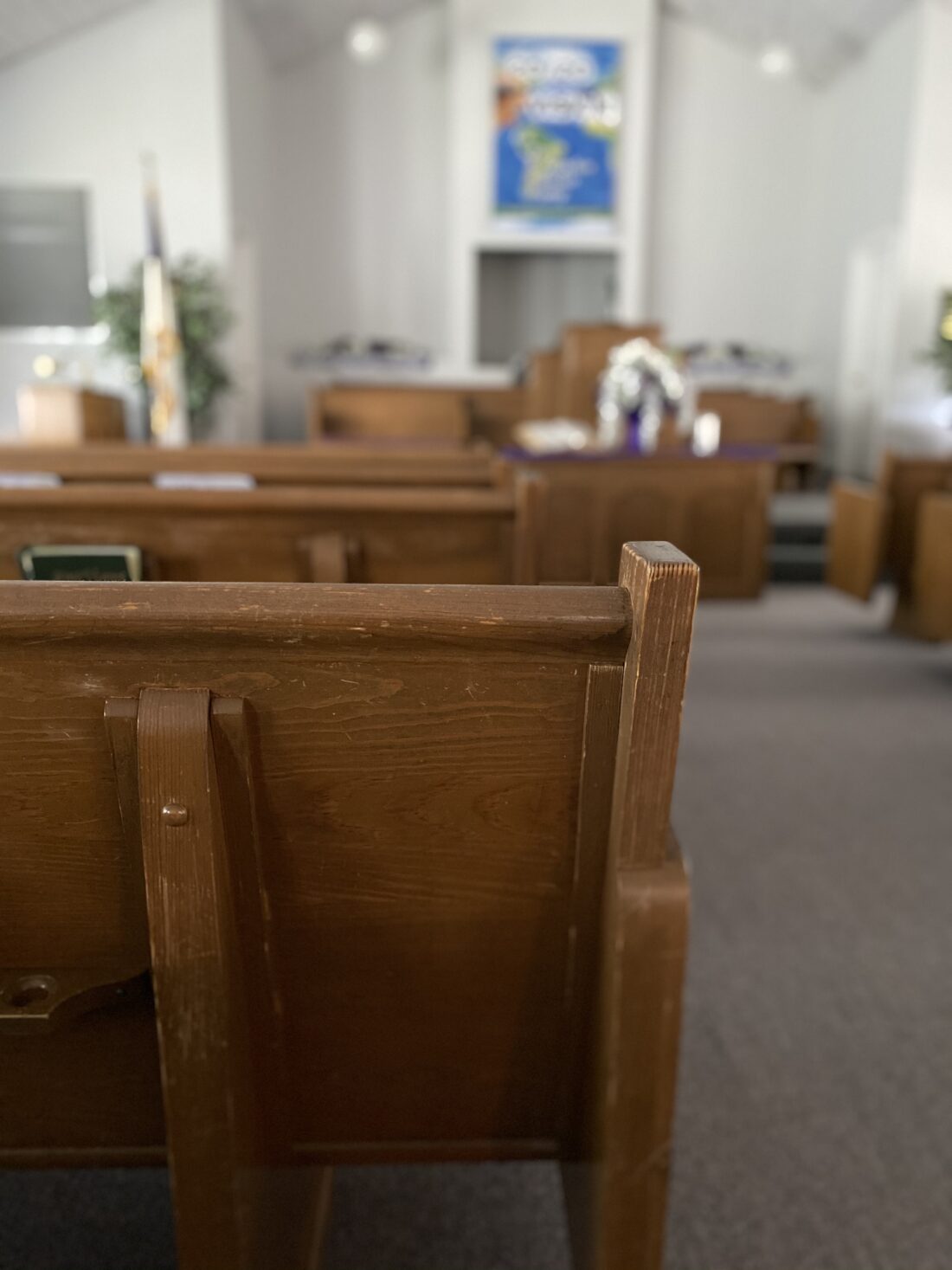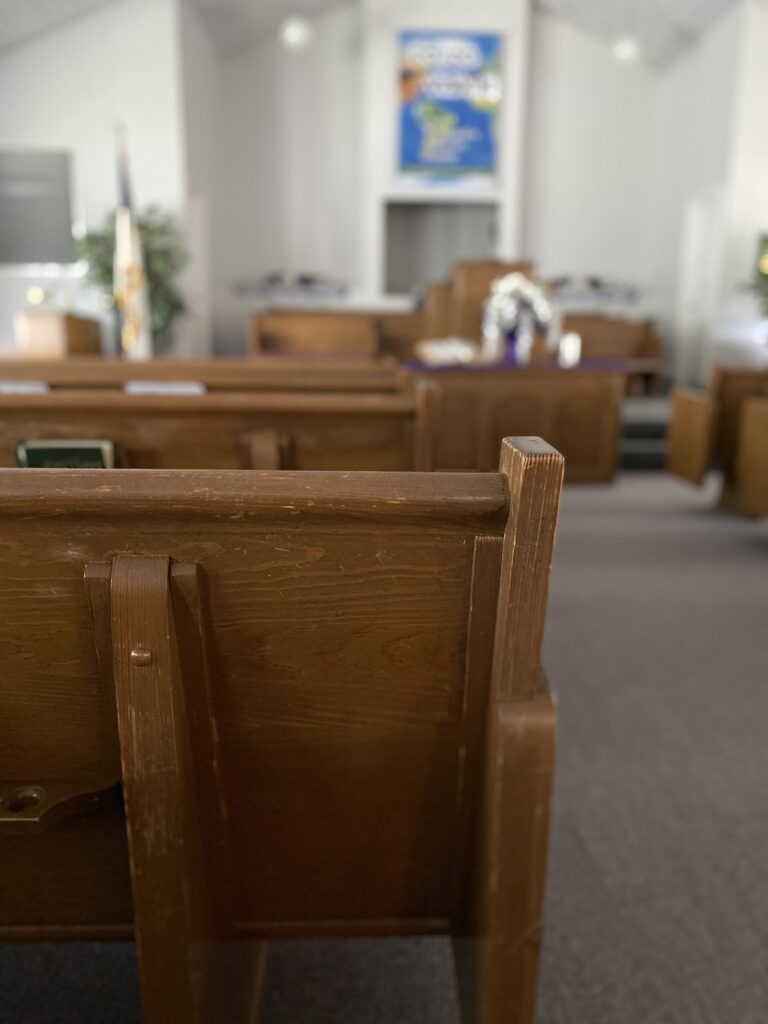1 Timothy 5:3-16
Taking care of widows has been the role of churches since very near the beginning of the church (See Acts 6). This is as it should be. Those who claim to know the love of God ought to be the most open about showing this love to others.
Paul calls the churches at Ephesus to this principle and then offers some important instruction as they care from these dear church members.
The Principle
“Honour widows that are widows indeed.” 1 Timothy 5:3
“Honour” here means to show value. The context here will be talking about showing value through physical or financial aid.
But there is a distinction. The widows that are to be given this aid are those that are “widows indeed.” These are the women who are over the age of 60, are without family to care for them (see verses 4, 8, and 16), and who demonstrate consistent Christian character.
Testimony of a Widow
“5 Now she that is a widow indeed, and desolate, trusteth in God, and continueth in supplications and prayers night and day. 6 But she that liveth in pleasure is dead while she liveth. 7 And these things give in charge, that they may be blameless. 9 Let not a widow be taken into the number under threescore years old, having been the wife of one man, 10 Well reported of for good works; if she have brought up children, if she have lodged strangers, if she have washed the saints’ feet, if she have relieved the afflicted, if she have diligently followed every good work. ” 1 Timothy 5:5–7,9-10
Widows can show trust in God in ways that few others can. Scripture and history are full of stories of these saints being an example in prayer and faith. Their good works, experience, and selflessness serve as a living illustration of living in Christlikeness.
Younger Widows
“11 But the younger widows refuse: for when they have begun to wax wanton against Christ, they will marry; 12 Having damnation, because they have cast off their first faith. 13 And withal they learn to be idle, wandering about from house to house; and not only idle, but tattlers also and busybodies, speaking things which they ought not. 14 I will therefore that the younger women marry, bear children, guide the house, give none occasion to the adversary to speak reproachfully. 15 For some are already turned aside after Satan.” 1 Timothy 5:11–15
Paul cautioned against taking younger widows into the role of those being cared for by the church. These are more likely to remarry. Paul even encouraged the younger widows to remarry. Those who don’t remarry haven’t had the life experience to show the character mentioned above. There may even be some who turn from the faith because of the loss of their husband.
The Role of Children
“But if any widow have children or nephews, let them learn first to shew piety at home, and to requite their parents: for that is good and acceptable before God.” 1 Timothy 5:4
“But if any provide not for his own, and specially for those of his own house, he hath denied the faith, and is worse than an infidel.” 1 Timothy 5:8
“If any man or woman that believeth have widows, let them relieve them, and let not the church be charged; that it may relieve them that are widows indeed.” 1 Timothy 5:16
Churches are not to take this responsibility from the family of these widows. If a widow has sons, grandsons, or nephews, these should care for her and leave the church free to care for others.
Your Turn
Encourage your church to care for widows.
This may not be full support, even assistance with a few needs can make a big difference. Be sure to help those who’s testimony you can see, and who have been faithful. A few ideas could be grocery assistance, gas money, or helping to catch up with a bill that is close to being late.
Look for ways to help the widows in your church.
Offer to help with yard work or house maintenance. You may never know how encouraging these simple actions could be.
Care for the widows in your family.
Look after their physical and financial needs. Caring for them is pleasing to God.



